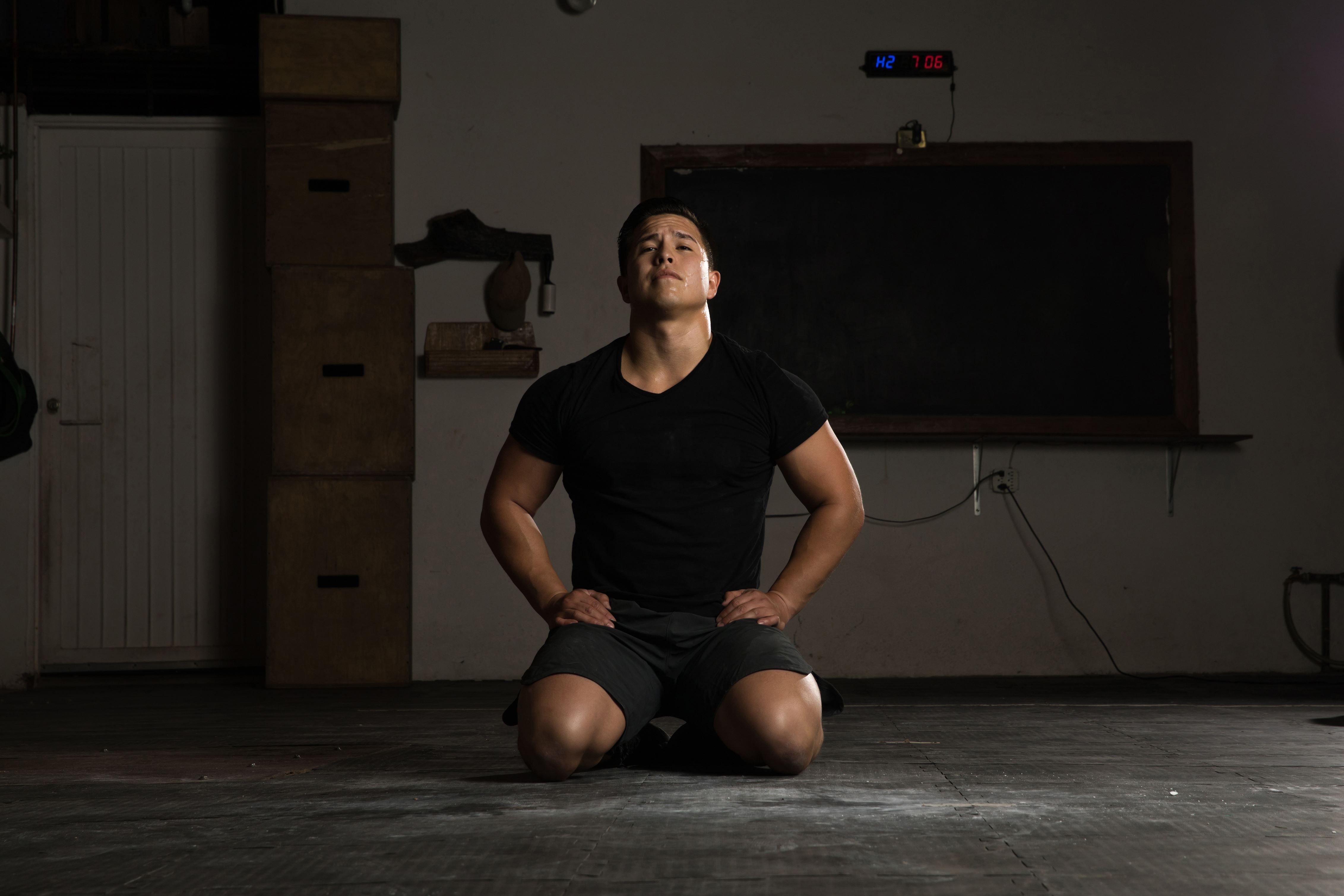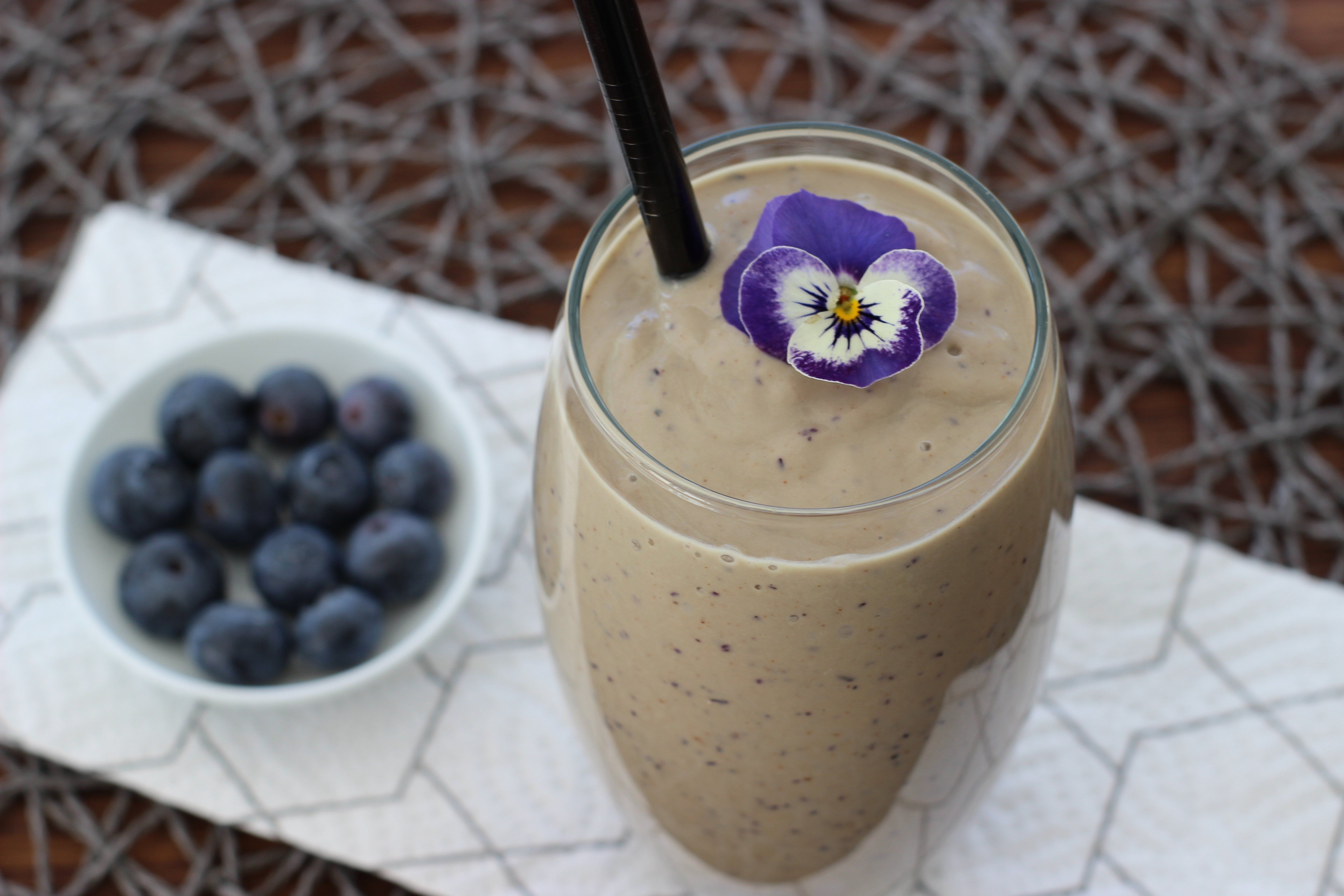
The 5 Best Ways To Recover Faster From Your Workouts
If you want to recover faster from your workouts, you have come to the right place. In this article, you will discover five proven ways that show you how to do just that, so that you can train more often and make more progress.
1 Consume Enough Calories
If you supply your body with fewer calories than you burn, you are in what we call a calorie deficit. While being in such a deficit is essential if you want to lose fat, it has one downside: it impairs recovery between workouts.
For instance, a calorie deficit increases levels of AMPK, an enzyme that impairs muscle recovery, while at the same lowering levels of mTOR, an enzyme that aids muscle recovery.(1)
In addition, being in a calorie deficit also alters your hormones unfavourably. It reduces levels of recovery hormones like testosterone while increasing levels of the recovery-impairing catabolic hormone cortisol.(2)(3)
Therefore, if you want to recover faster between workouts and do not have the goal to lose weight, consume at least the same number of calories as you burn, or be in a slight calorie surplus.
2 Consume Enough Protein
When you exercise, especially if you do so at a high intensity, your muscle fibres are prone to micro-tears. It is due to these tears that your muscles may feel sore after a workout.
Now, to repair the exercise-induced muscle damage after a workout, it is essential to get enough protein. That is because protein contains amino acids, which are the building blocks of your muscles.
So, make sure that you consume enough protein, which means taking in at least 0.73 grams of protein per kilogram of body weight per day. Thus, if you weigh 75 kg, aim for at least 121 grams of protein per day.(4)
In case you find it hard to consume enough protein through diet alone, a high-quality protein powder like this one offers a solution.
3 Reduce Your Stress Levels
Chronic stress is not only bad for your health, but it also reduces recovery between workouts. One study, for instance, found that high stress levels doubled the time needed to recover from a workout.(5)
That is why it is essential for athletes to keep their stress levels under control. While that is easier said than done, what follows are four tips that you can use to reduce stress and thus recover faster from your exercises.
- Expose yourself to nature. Doing so can significantly reduce stress. In case it is not an option for you to go into nature, studies show that you can get similar benefits by decorating your home with plants.(6)(7)(8)
- Be flexible. If things do not go your way, do not remain fixed on your original plan. Instead, approach each situation with a flexible mindset. That will make you more stress-resistant.(9)(10)
- Meditate. Doing so can reduce stress, as shown by a study on more than 3500 adults. While there are various forms of meditation, it is most essential to pick a style that you can adhere to every day.(11)
- Cope actively instead of passively. This means that instead of avoiding the situation that is causing you stress, confront it. That is the best way to manage stress.(12)
4 Don’t Switch Exercises Too Often
If you have been at the gym for a while, I am sure you have heard that you should switch your exercises every few weeks to ‘confuse’ your muscles and keep on developing them.
That claim is a myth. (Muscles do not have a brain, so you cannot confuse them.) Constantly switching exercises does not enhance growth. But what it does do is lengthen recovery time between workouts.
That is because you experience the most muscle damage when you do an exercise you are not accustomed to doing yet. But after you do a particular exercise more often, you become less and less sore.(13)(14)
For that reason, it is best not to alter exercises too often. Instead, select a particular number of movements and do these for at least twelve weeks before you switch to another variant.
You will notice that you feel less sore and recover faster from your workouts. As a result, you will be able to train harder and more often in the gym, which will lead to better progress.
(Note: excessive soreness after a workout does not indicate growth. Instead, such soreness actually puts new muscle growth on hold. So, switching exercises to induce soreness does more harm than good.)
5 Supplement with ZMA
ZMA stands for a supplement that contains zinc, magnesium, and aspartate (Vitamin B6). These micronutrients are essential for athletes for various reasons, one of them being that they aid recovery from workouts.
- Zinc is essential for the production of testosterone, a hormone that is important for muscle recovery.
The problem, however, is that many people do not consume enough zinc.(15)(16)
Athletes are especially prone to a zinc deficiency since this mineral is lost through sweat. That is why, if you train hard, it is a good idea to supplement with zinc – to ensure that you get enough of it.
- Magnesium, besides supporting hundreds of bodily chemical reactions, helps you recover faster from your workouts by aiding sleep quality(17)(18). The way in which magnesium aids sleep is by activating the parasympathetic nervous system, making your body feel more calm and relaxed.(19)(20)
- Vitamin B6 functions as an anti-oxidant, which can support recovery between your workouts by reducing inflammation in muscle cells.
That is why, if you are an athlete, it is a good idea to supplement with ZMA. It helps you recover faster from your workouts, so that you can train more often and make more progress.
To get the most benefit from ZMA, choose a supplement that includes Vitamin C. Vitamin C reduces exercise-induced superoxide dismutase activity, consequently aiding workout recovery.(21)
The problem, however, is that the marketplace lacks such a product. That is why we have created it ourselves. Thus, if you want to speed up your recovery and results, click here to try it out.

